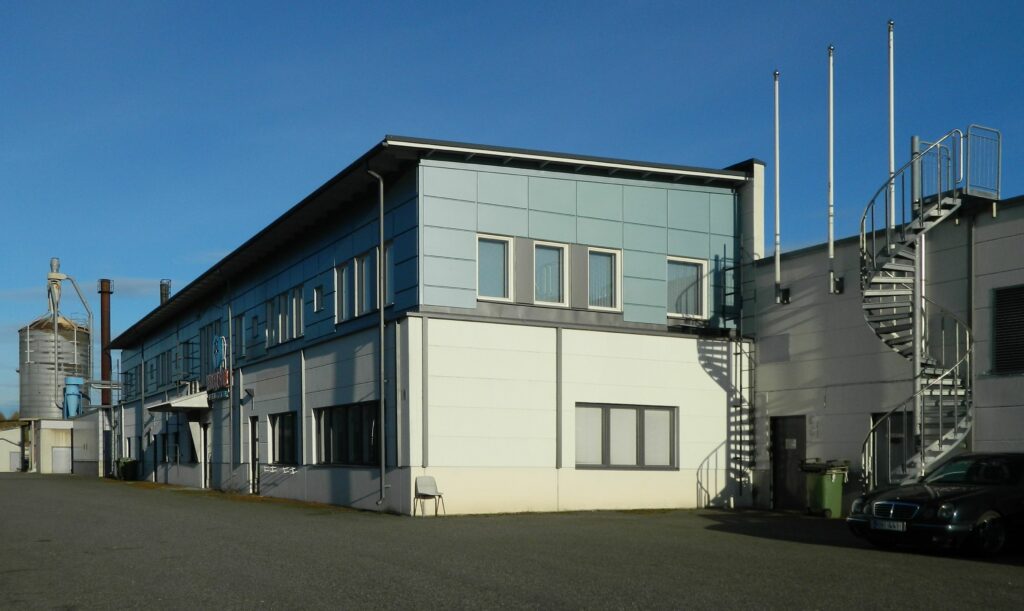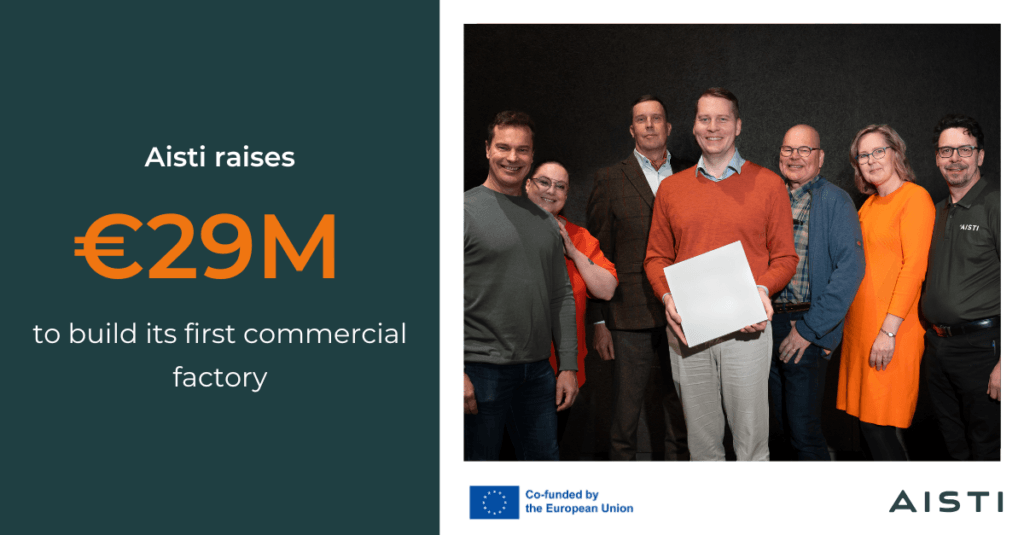
Building the future of sustainable acoustics
Say hello to the future of sustainable acoustic solutions that are safe and sound for people and the environment.

Inspiring a sound future
All aspects of our product development, from research, design, technology application, and production, are grounded in our respect for the environments we live in.
We place the well-being of people at the forefront of everything we do, from the raw materials we source and the processes we adopt to the products we develop.
“Safe and sound reflects our deep understanding of acoustic properties and passion for creating safe spaces for people to live, work, study, and play.”
Mikko Paananen, Chief Executive Officer, Aisti

Natural acoustics from wood fibre
Our Teno acoustic tiles are made from wood fibre and meet premium technical capabilities, fire safety standards and environmental targets.
Putting our claims into numbers
CO2 Handprint
3.5 Mt
By 2032, our customers will reduce greenhouse gas emissions by 3.5 megatons.
Traceability
11.6 min
Forests in Finland grow our needed amount of fibre in 11.6 minutes.
Efficiency
29 times
Our tiles generate 29 times more value per ton of raw material than traditional pulp.

The power of foam forming
Foam forming technology unlocks a new way to consciously utilize cellulose fibre to produce low-density tiles free from synthetic binders, allergic materials and plastic.
Our scalable and cost-effective process makes our sustainable products affordable.


